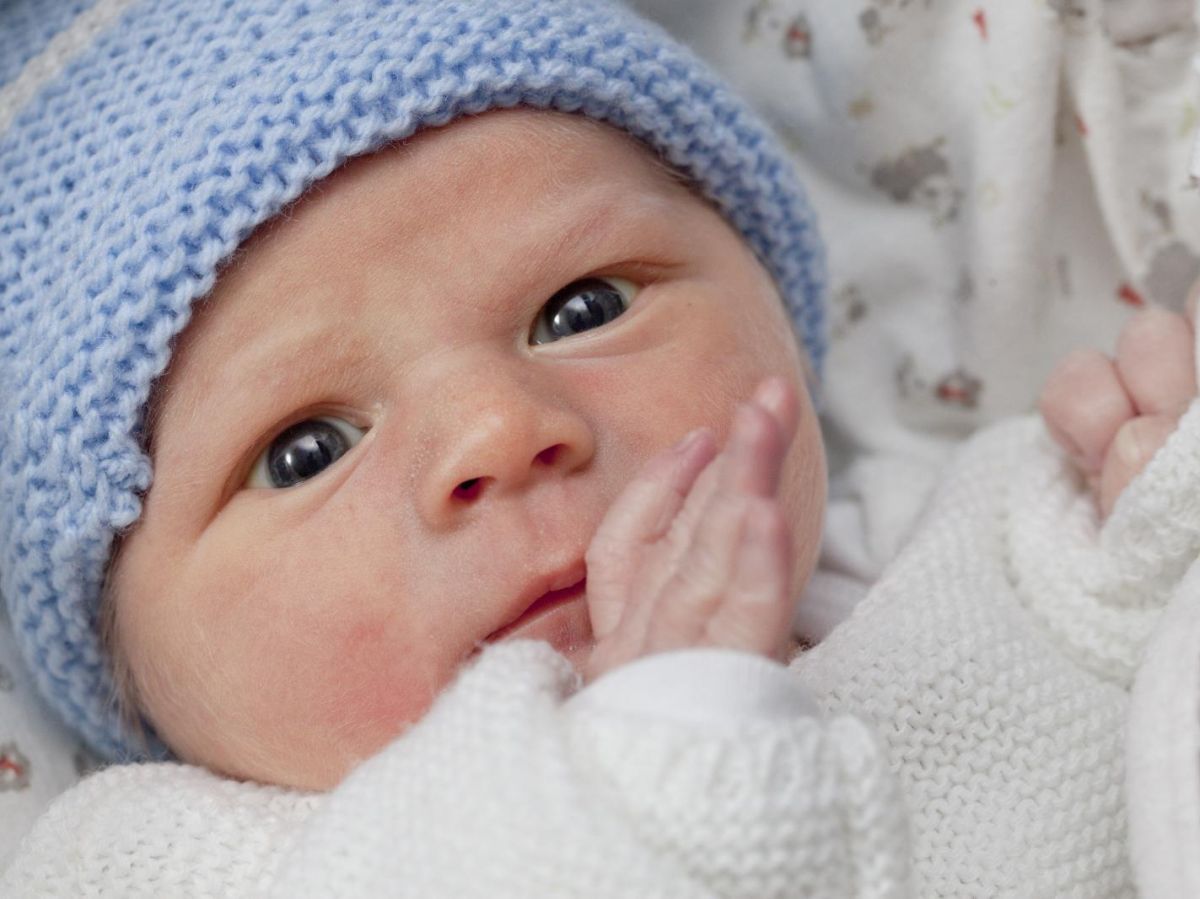Humans, as well as other primates, have a surprising ability to recognize faces, which can identify someone in a crowd in a few fractions of a second. However, before recognizing someone's face, our brain must understand that it is indeed a face! This first step would be independent of the second, and would allow, for example, babies to detect faces while their brain is not yet developed, in particular the part that is used precisely to identify them.
Researchers at the National Eye Institute in Bethesda, Maryland, have demonstrated this mechanism in macaques. It would be crucial for the development of our social abilities because without this knowledge of what a face is, we would not be able to move on to the second stage of identification. Their results were published on July 2, 2024 in the journal Neuron.



